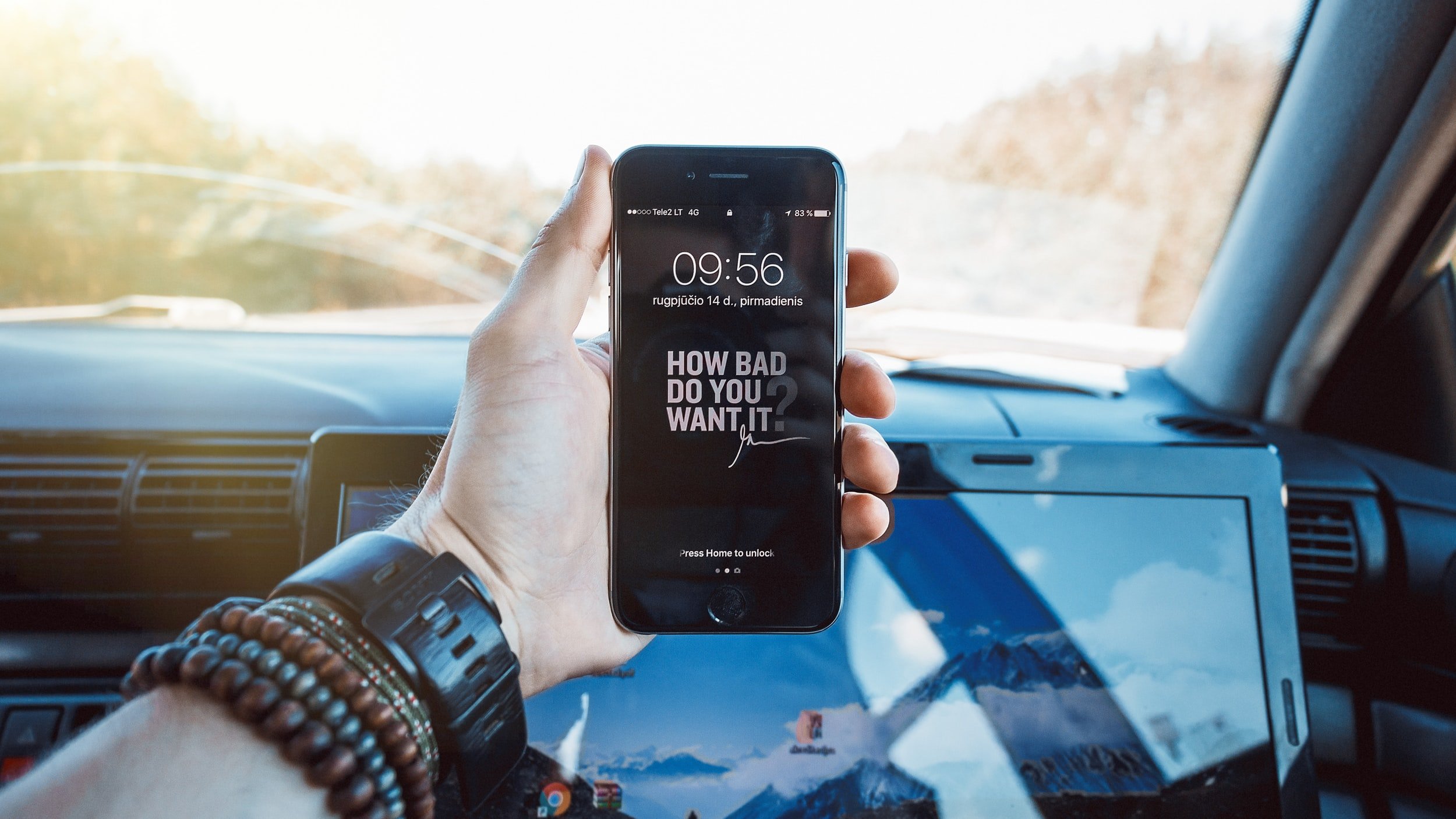Screen Time Versus People Time
Need a Culture Boost?: Building Extraordinary and Adaptive Cultures Course Available Now!
Are you a leader, consultant, coach or trainer? Join Belongify and get certified!
What It's About: We can’t really embrace the principle of being People First if we spend most of our time facing a screen without people on the other end. And all the so called “Free Technology,” including but not limited to Google, Meta, YouTube, Instagram , TikTok, Twitter etc., care primarily about one thing: Maximizing our individual screen time for profit. Why? These companies make more money, literally by increasing each second of screen time we give to their platform. Getting a lot of service for “free” involves allowing ourselves to be incentivized, some would say manipulated, to increase screen time. This might be less onerous if it wasn’t for the fact that negative information creates more screen time. Algorithms know if they feed us more negative stuff, we stay online longer, and hence more profits. A study by the Pew Research Center found that if you fill your Facebook posts with “indignant disagreement,” you’ll double your likes and shares. So an algorithm that prioritizes keeping you glued to the screen will— (perhaps unintentionally?) inevitably—prioritize outraging and angering you. As the saying goes: If it’s more enraging, it’s more engaging. [Editor’s note: Also, if it bleeds, it leads.]
Johann Hari is the author of an outstanding book called Stolen Focus. He and James Williams, a former Google strategist, addressed an audience of hundreds of leading tech designers and asked them a simple question: “How many of you want to live in the world you are designing?” There was silence in the room. People looked around them. Nobody put up their hand.
So What?: We need to give consideration to the impact of ever increasing screen time on team members, many of whom consistently describe themselves as exhausted. It is unreasonable to have back to back “zoom meetings” coupled with the negative influence of social media, and expect people to feel energized and positive. The good news about Zoom meetings is that we are usually visibly connected with others. The tedious part, is the amount of energy to stay present and engaged while online. It doesn’t help that when we drift into social media, where we are intentionally pulled into negative rabbit holes.
Now What?: It is clear that each of us needs structured digital sabbaths and/or sabbaticals. We can get so screen controlled that every notification ping has us dropping everything, including (sometimes literally) our loved ones. The amount of “just wait a second and let me finish this,” response we spew to people, who ideally are most important to us, is worrisome. There must be time for each of us being completely off the screen. Additionally we understand that our technology friends are dedicated to NOT letting that happen. What will you do? Why? When?
Think Big, Start Small, Act Now,
- Lorne
One Millennial View: I think the only way to remedy this is a culture shift. Perhaps if we decide that it’s negative/gross to fear monger, and gratuitously argue for clicks/views, then begin supporting companies that refuse to advertise when platforms try to profit from that, it will force advertisers to only invest in organizations that intentionally limit this. It will never not be about the money, however if we start championing quick, consumable truth, positivity versus nihilism, and viewers believe constant negativity is desperate or not cool, then finances can be diverted to a healthier place. Content can be shorter, more factual, less invasive, less scary, we can be informed (still see an ad), and then put our screens down to view the world around us with our own eyes, not some camera footage. P.S., thanks for reading this on your screen, now put it down.
- Garrett
Edited and published by Garrett Rubis
Search Blog Posts:
Categories
Month
- January 2026
- December 2025
- November 2025
- October 2025
- September 2025
- August 2025
- July 2025
- June 2025
- May 2025
- April 2025
- March 2025
- February 2025
- January 2025
- December 2024
- November 2024
- October 2024
- September 2024
- August 2024
- July 2024
- June 2024
- May 2024
- April 2024
- March 2024
- February 2024
- January 2024
- December 2023
- November 2023
- October 2023
- September 2023
- August 2023
- July 2023
- June 2023
- May 2023
- April 2023
- March 2023
- February 2023
- January 2023
- December 2022
- November 2022
- October 2022
- September 2022
- August 2022
- July 2022
- June 2022
- May 2022
- April 2022
- March 2022
- February 2022
- January 2022
- December 2021
- November 2021
- October 2021
- September 2021
- August 2021
- July 2021
- June 2021
- May 2021
- April 2021
- March 2021
- February 2021
- January 2021
- December 2020
- November 2020
- October 2020
- September 2020
- August 2020
- July 2020
- June 2020
- May 2020
- April 2020
- March 2020
- February 2020
- January 2020
- December 2019
- November 2019
- October 2019
- September 2019

